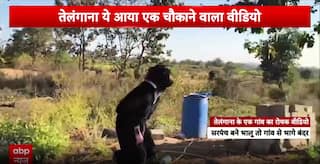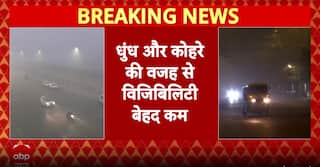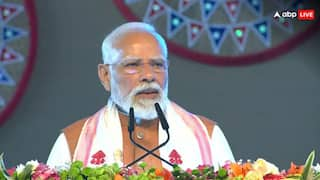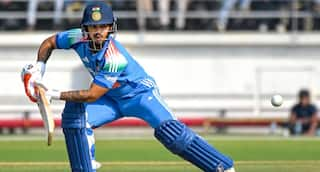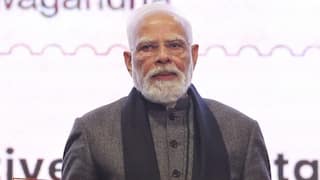ED Cannot Arrest Accused Under PMLA After Court Takes Cognisance: Supreme Court
The Supreme Court held that the Enforcement Directorate cannot arrest an accused as per Section 19 of the Prevention of Money Laundering Act after the Special Court has taken cognisance of the complaint

The Supreme Court on Thursday held that the Enforcement Directorate (ED) cannot arrest an accused as per Section 19 of the Prevention of Money Laundering Act (PMLA) after the Special Court has taken cognisance of the complaint. The court said that if ED wants custody of such accused, it will have to apply to the concerned court for custody. The court may grant custody if it is satisfied that custodial interrogation is needed for the case.
A bench of Justices Abhay S Oka and Ujjal Bhuyan gave the verdict today on ED's powers to arrest under PMLA.
The bench ruled that after a special court takes cognisance of the offence punishable under Section 4 of the PMLA based on a complaint under Section 44, the central probe agency and its officers are powerless to exercise powers to arrest a person shown as "accused" under Section 19 of PMLA.
"If the ED wants custody of the accused who appears after service of summons for conducting further investigation of the same offence, ED will have to seek custody of the accused by applying to the Special Court."
The bench further said that after hearing the accused, the Special Court must pass an order on the application after recording brief reasons.
The top court further said that if the ED wants to arrest someone who is not an "accused" in the case to conduct a further investigation concerning the same offence, then the central agency needs to make sure that requirements of Section 19 of PMLA are fulfileld.
The top court further said that if an accused was not arrested by the ED till the filing of the complaint, the Special Court, while taking cognisance of the complaint, must issue summons to the accused and not a warrant. Even if the accused is out on bail, the special court must first issue a summons.
Twin Test For Bail Under PMLA Not Applicable To Accused Not Arrested By ED
The Supreme Court further ruled that an accused who is not arrested by the ED during money laundering probe but appears before the special court pursuant to the summons issued by such court under PMLA need not satisfy stringent twin test for bail under Section 45 PMLA.
These twin test condition under PMLA makes it difficult for a money laundering case accused to get bail.
Section 45 of the PMLA provides for twin conditions to secure bail. According to this provision, to grant bail, the court should be convinced that there are reasonable grounds for believing that the accused is not guilty of such offence. And, the accused seeking bail is not likely to commit any offence or impact the proceedings of the case in his favour while on bail.
Also, unlike the criminal law, which functions on the presumption of innocence of the accused person, the PMLA requires an accused to prove that they are not guilty, to secure bail.
The court said that if an accused appears before special court by summon, it cannot be said that he is in ED custody. And thus, such a person need not satisfy the twin condition for bail under PMLA.
PMLA defines ED's powers relating to arrest, summon, attach, search and seizure. The 2019 amendments are challenged in the Supreme Court on various grounds. Many high-profile leaders including Arvind Kejriwal, Hemant Soren, Manish Sisodia, K Kavitha, Kerala CM Pinarayi Vijayan, Telangana CM Revanth Reddy, and Andhra Pradesh CM YS Jagan Mohan Reddy, former finance minister P Chidambaram and his son Karti Chidambaram are facing ED probe under PMLA.












